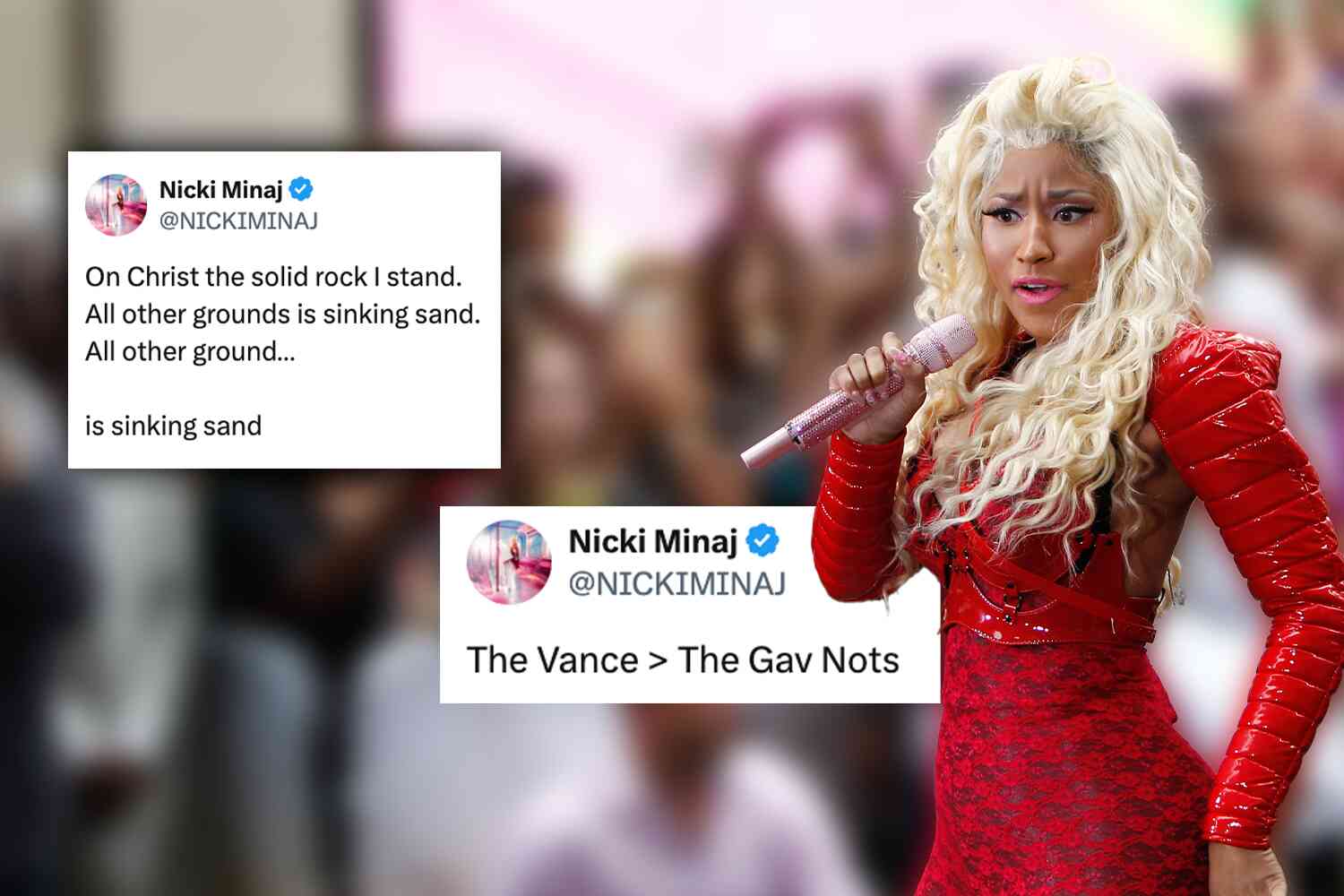It's one of the most common criticisms of the Church in America these days. So it was no surprise to read that some of the Church in America's biggest critics, professing Christians Skye Jethani, Phil Vischer, Kaitlyn Schiess, and Kristen DuMez, were going off about it on a recent episode of the Holy Post podcast.
I'll be honest and admit that I can never quite take seriously the claim that the church is too obsessed with one-sided politics when it comes from people who are obsessed with one-sided politics. For instance, so-called "black churches" consistently reveal some of the most brazenly political, aggressively partisan preaching. You would be hard pressed to find that Holy Post foursome ever uttering a single word of objection to any of it.
Nevertheless, idolatry is real, political idolatry is real, most Christians (including Jethani, Vischer, Schiess, and DuMez) struggle with it to some degree, and we'd all be better off to surrender it at the foot of the cross.
But the "biggest idol that is preventing" the church from thriving? I would respectfully disagree.
In fact, I would contend that you only arrive at such a bizarre conclusion if you center your days intentionally seeking out commentaries, messages, articles, and sermons that fit the political bent of your own podcast. If you're laser-focused on discovering white supremacy in the pews, or MAGA politics in the pulpit, in order to produce your content, you can easily find reliable places, preachers, and politicians where you can obtain it with ease.
Listen to the Holy Post for any length of time, follow the social media accounts of any of the aforementioned individuals, and you'll see that's exactly what they do. But by drawing from that well with obsessive regularity, it's not too long before you mistake your relatively small sample size to be representative of Christianity in America as a whole.
But Christianity in America is much different than Greg Locke's whackadoodle rallies, or Robert Jeffress' appearances on Fox News. Over 65% of American churches are congregations with less than 100 in weekly attendance. Most of those ministers don't have significant social media followings, and most don't have 15-staff member teams of sermon writers that free up his time to form aggressive geopolitical hot takes.
Those are the ministers I know. Those are the churches that I have visited, preached at, and worshipped in. Pick any of those churches at random this coming Sunday, walk in their doors, and you will see flawed people praising a flawless Creator, sharing communion, praying for friends and relatives, and listening to a message about joy, patience, or self-control. You'll see Sunday School classrooms studying Old Testament prophecies or the Hebrew names of God. You won't hear anything about Trump, Biden, QAnon, or Antifa.
To be honest, I'm always skeptical when I read these kinds of lofty pronouncements from expert commentators about how the church can "thrive." What does that mean to Skye Jethani or Phil Vischer? Judging by their narrowly-focused podcast (at least as of late), it likely involves a great deal of public service, justice campaigns, and charitable giving. All of those may be fine Christian practices, but it certainly fails any New Testament definition of a thriving church.
Fidelity to the word, faithful preaching of Christ crucified, fellowship of the saints, the Apostle's doctrine, and a relentless, urgent desire to win, build, and send disciples of Jesus into every corner of the world – that is a thriving church no matter how many headlines they have written or podcasts they have recorded about them.
A friendly suggestion to the folks at Holy Post: Maybe what would really help such faithful churches thrive is if their brethren with big media platforms would stop pretending like they don't exist?
Disclaimer: The opinions expressed in this article are those of the author and do not necessarily reflect the opinions of Not the Bee or any of its affiliates.









